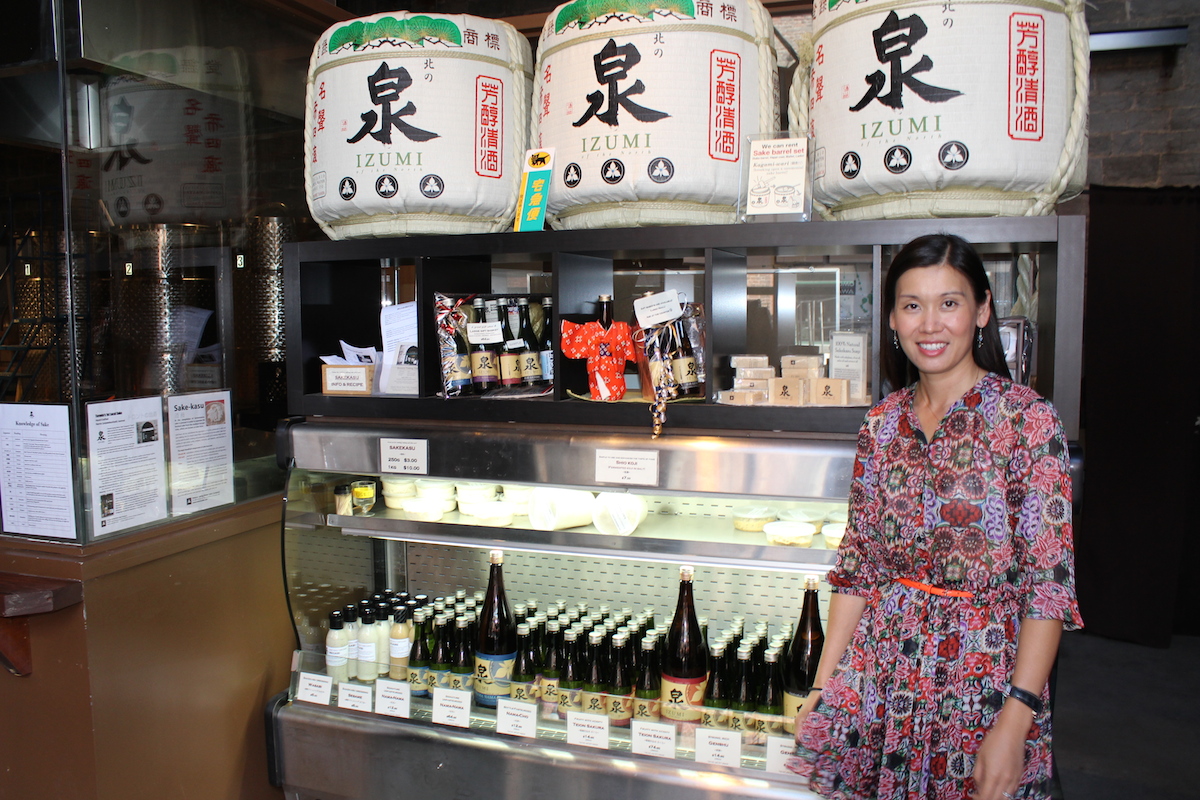
Vivian Hatherell and a display of Izumi sake and related products at the Ontario Spring Water Sake Company at the Distillery District, Toronto.
Izumi is the brand name of the sake they make at the Ontario Spring Water Sake Company and, explains managing partner Vivian Hatherell on a recent tour of their Distillery District brewery, it’s Japanese for “spring” or water source, which underlies the entire project Hatherell oversees. Hatherell got into sake through her wine importing business, Metropolitan Wines and Spirits. As her sake portfolio grew she became more and more interested in it. Although sake is technically “brewed”, Hatherell thinks the experience of tasting sake is much closer to that of wine, and found that her knowledge of the latter helped form her growing appreciation for the former to the extent that she is currently the president of the Sake Institute of Ontario.
 Back to Izumi, Hatherell recently explained to Jamie Drummond and I, on a visit to the brewery, shop and tasting bar, that the Ontario sake is based on its water source: a Muskoka spring located near Huntsville. “Our water is the softest in Canada,” she said with no small amount of pride, adding “the secret to making sake is the quality of the water.” The rice Izumi uses is grown and polished in California. Local sourcing isn’t an option, since the pearl variety needed for sake simply can’t grow in Ontario’s climate. But, apart from their line of had-crafted sake (more on this in a sec), the brewery is creating a cottage industry of Japanese themed food items from the by-product of brewing: kasu. Kasu is variably described as the lees or as the pomace from making sake, and can be incorporated into new products like miso, or used as a pickling agent to make kasuzuke (pickled vegetables). The Izumi brewery has prominent display case of the products like salad dressings and soup mixes, as well as their sakes, and even makes a kind of ice cream from kasu.
Back to Izumi, Hatherell recently explained to Jamie Drummond and I, on a visit to the brewery, shop and tasting bar, that the Ontario sake is based on its water source: a Muskoka spring located near Huntsville. “Our water is the softest in Canada,” she said with no small amount of pride, adding “the secret to making sake is the quality of the water.” The rice Izumi uses is grown and polished in California. Local sourcing isn’t an option, since the pearl variety needed for sake simply can’t grow in Ontario’s climate. But, apart from their line of had-crafted sake (more on this in a sec), the brewery is creating a cottage industry of Japanese themed food items from the by-product of brewing: kasu. Kasu is variably described as the lees or as the pomace from making sake, and can be incorporated into new products like miso, or used as a pickling agent to make kasuzuke (pickled vegetables). The Izumi brewery has prominent display case of the products like salad dressings and soup mixes, as well as their sakes, and even makes a kind of ice cream from kasu.
Apart from the source of their water, one the things about Izumi Ontario sake that distinguishes it from the imports available in Canada, and from most sake brewers in North America for that matter, is that it sells unpateurized sake. Even their Nama Cho sake, which is widely available through the LCBO, is only once, gently pasteurized in bottle, to keep as fresh a taste as possible. When Jamie and I visited the brewery we tasted through a selection of the unpasteurized sakes, including a few single tank brews. The Izumi are all (at least) Junmai, with at least 30% of the rice kernel polished off and no added alcohol. The Nama Nama was fresh and tasted of honeydew and cantaloupe melon. It’s cousin, the Genshu Nama Nama, which means no water has been added to lessen the alcohol content, was appropriately bolder and had notes of banana. Teion Sakura, which is fermented at lower temperatures and has a low alcohol count was tangy and more acidic than typical sake and had salty or minerally character that intrigued us. The Arabashiri, Tank #54 was a “free run” or first press sake from a single batch that was fragrant and subtle with an echo of the notes of melon from the Nama Nama. Finally, the Nigori which is left unfiltered after fermentation, so it has a cloudy appearance and a sweeter taste. Almost milky, the Nigori tasted a bit like a piña colada poured over sweet sticky rice. As whole I thought the house style, or thing that more or less ran consistently through the sake we tasted, was an accent on fruit notes and a somewhat fresher mouthfeel than some of the Japanese sake I have been tasting lately. Could I have identified them as significantly different from comparable Japanese products? I’m not sure I could, though that may simply be for lack of experience. I look forward to more practice.
The Ontario Spring Water Sake Company is one of only three in Canada; the other two are in BC, Hatherell explained, and there might just be a dozen across North America, she guessed. What they are doing is certainly unique to Toronto and it’s a testament to both the growing sophistication of the food and wine scene and the growing interest in Japanese-inspired foods and drinks here that they’re finding an audience and establishing a market through restaurant and consumer sales. Izumi sake is always available at their brewery and can also be ordered online through their website.
 Malcolm Jolley is a founding editor of Good Food Revolution and Executive Director of Good Food Media, the company that publishes it. Follow him on Twitter or Facebook.
Malcolm Jolley is a founding editor of Good Food Revolution and Executive Director of Good Food Media, the company that publishes it. Follow him on Twitter or Facebook.

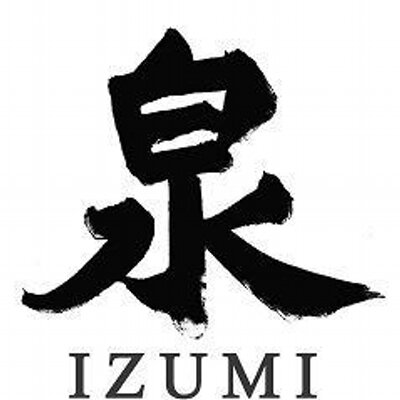

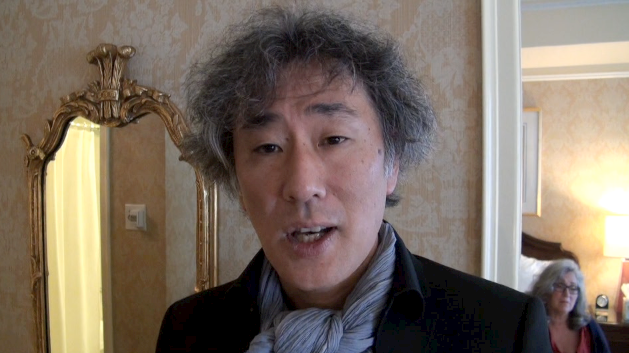
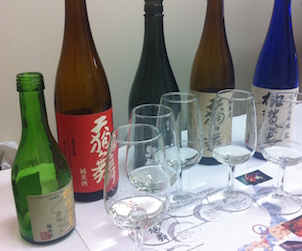
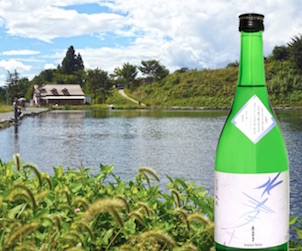
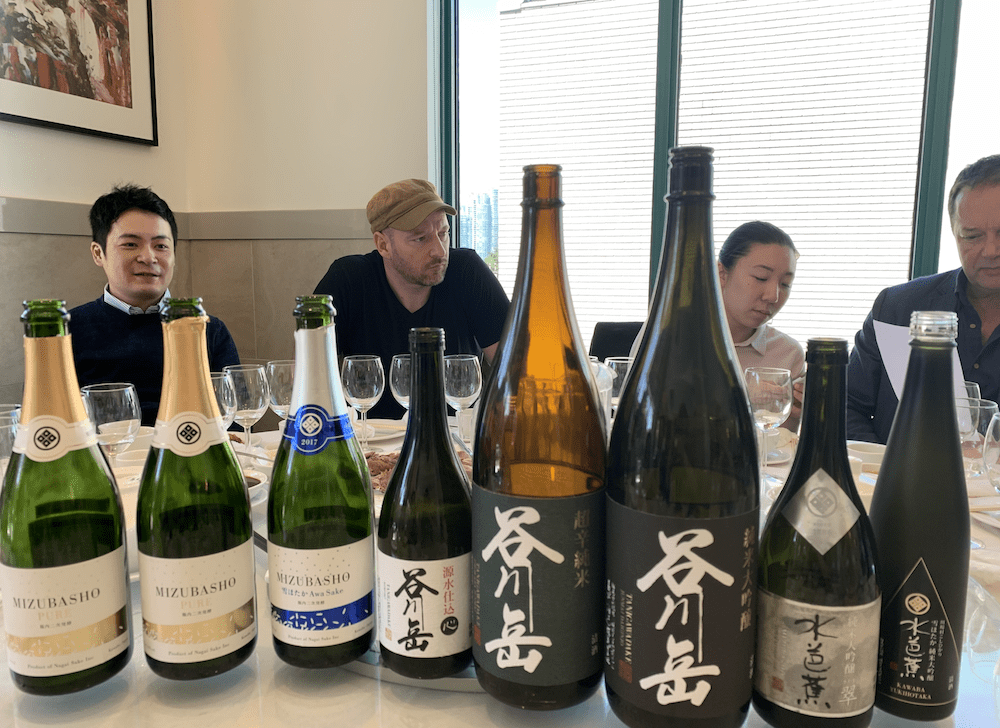

Hi there. Wondering which sake to buy that would have a nutty flavor? Thanks in advance. Henry
When I have a question about sake, I ask Mariko Tajiri, who is the unofficial ambassador of sake in Canada. https://marikotajiri.com/